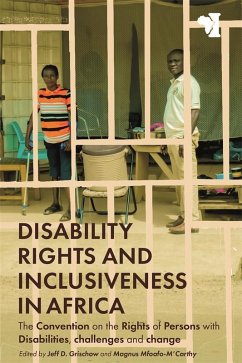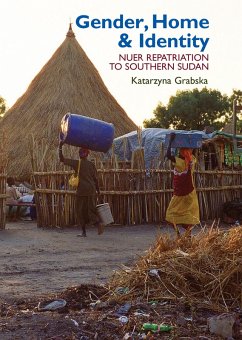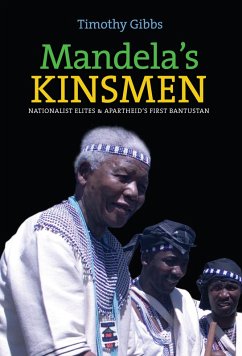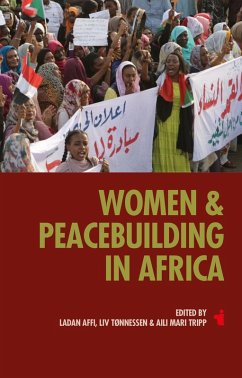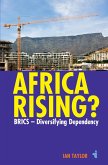Grassroots researchers examine the barriers and ways of implementing the UN Convention on the Rights of Persons with Disabilities (CRPD) in Africa.
Many have praised the United Nations Convention on the Rights of Persons with Disabilities (CRPD), first adopted by the UN in 2006, as a revolutionary step towards disability rights in Africa. But how real is the progress towards equality for persons with physical disabilities, mental health difficulties, blindness, deafness or albinism? What are the barriers to the CRPD's successful implementation on the continent, and how might we enforce inclusiveness and equality among those disadvantaged? This book brings together the findings of researchers in Ghana, Cameroon, Nigeria, Ethiopia, Uganda, Kenya, Zimbabwe and South Africa to offer grassroots' perspectives on the challenges and possibilities of achieving disability rights under the CRPD. Challenging the generally optimistic view presented to date, the contributors provide evidence-based trenchant critiques of the Convention, highlight the ways in which disability rights are interpreted in varying contexts and with different disabilities, and examine particular issues in relation to children and women. Finally, the contributors suggest ways of moving forward and achieving disability rights in Africa.
Many have praised the United Nations Convention on the Rights of Persons with Disabilities (CRPD), first adopted by the UN in 2006, as a revolutionary step towards disability rights in Africa. But how real is the progress towards equality for persons with physical disabilities, mental health difficulties, blindness, deafness or albinism? What are the barriers to the CRPD's successful implementation on the continent, and how might we enforce inclusiveness and equality among those disadvantaged? This book brings together the findings of researchers in Ghana, Cameroon, Nigeria, Ethiopia, Uganda, Kenya, Zimbabwe and South Africa to offer grassroots' perspectives on the challenges and possibilities of achieving disability rights under the CRPD. Challenging the generally optimistic view presented to date, the contributors provide evidence-based trenchant critiques of the Convention, highlight the ways in which disability rights are interpreted in varying contexts and with different disabilities, and examine particular issues in relation to children and women. Finally, the contributors suggest ways of moving forward and achieving disability rights in Africa.
Dieser Download kann aus rechtlichen Gründen nur mit Rechnungsadresse in A, D ausgeliefert werden.

